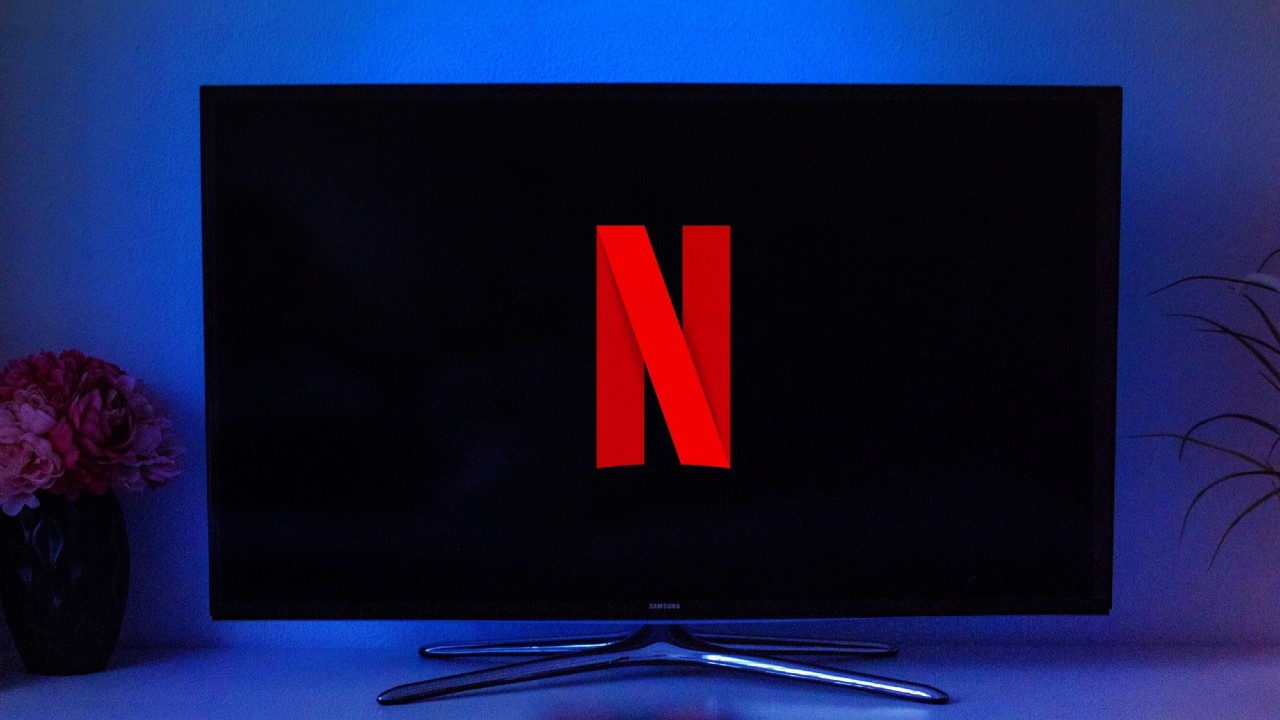There’s an old adage that says to not listen to what people say but pay attention to what they do. When Netflix first announced it was going to crack down on password sharing in an effort to get more people to pay for the service, the Internet exploded with righteous indignation and claims of abandoning the service. Despite this, the streamer launched its new password-sharing rules in May and… it worked. Netflix is raking in new subscribers rapidly, with many flocking to their relatively new ad-supported streaming option.
In the last quarter, Netflix added 5.9 million new subscribers, blowing their expectations out of the water by more than 4 million — and that doesn’t seem to be slowing down as they added more than a third of that number again in July with a whopping 2.6 million subscribers. The information isn’t official as it comes from research firm Antenna, but even if that number is halved it’s powerful growth and a very strong message that, despite the outrage, people will pay for Netflix if they feel the price is fair. This is, obviously, a drop from June numbers thanks to the fact that the password crackdown came later in May, but it has to make the shareholders and C-suite happy to see it.
What will make them even happier is that the sign-ups are mostly coming in the ad-supported space. While is their cheapest option, it brings in the most money thanks to the advertising. 23% of sign-ups were to the ad-supported version, making it the most popular selection at $6.99. That’s not to mention that Netflix’s cheapest ad-free plan died in July making the next level more than twice as expensive at $15.49. Looking at those two prices (and without the option for anything cheaper) it’s pretty obvious why those who lost access from password sharing would jump to $6.99 even with ads. Part of the reason is that Netflix makes stuff people want to watch. Their shows and movies routinely garner cultural clout, win awards, and enter the zeitgeist, so suddenly being without it is clearly something we all don’t actually want.
Of course, what this all means is that streaming is steadily inching closer and closer to cable television, where we all pay to be advertised so we can watch the things we like to watch across multiple channels streamers, though still having ad-free options is better. Clearly, we are willing to pay and other streamers are going to notice this, and one by one the crackdowns will come. How long do you think WB’s “we like people sharing” stance is going to last once they see that we’re all willing to pay?






Published: Aug 23, 2023 06:45 pm